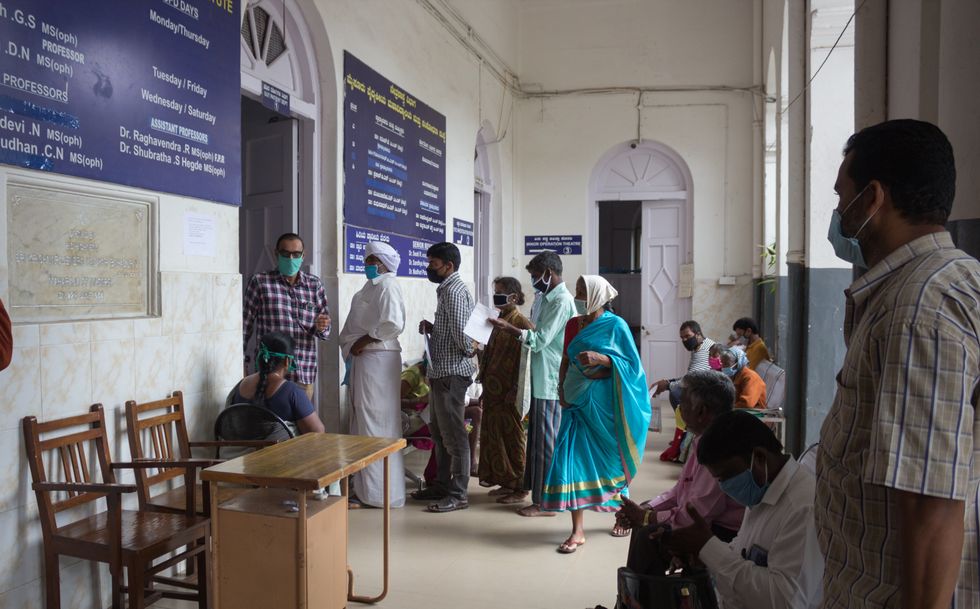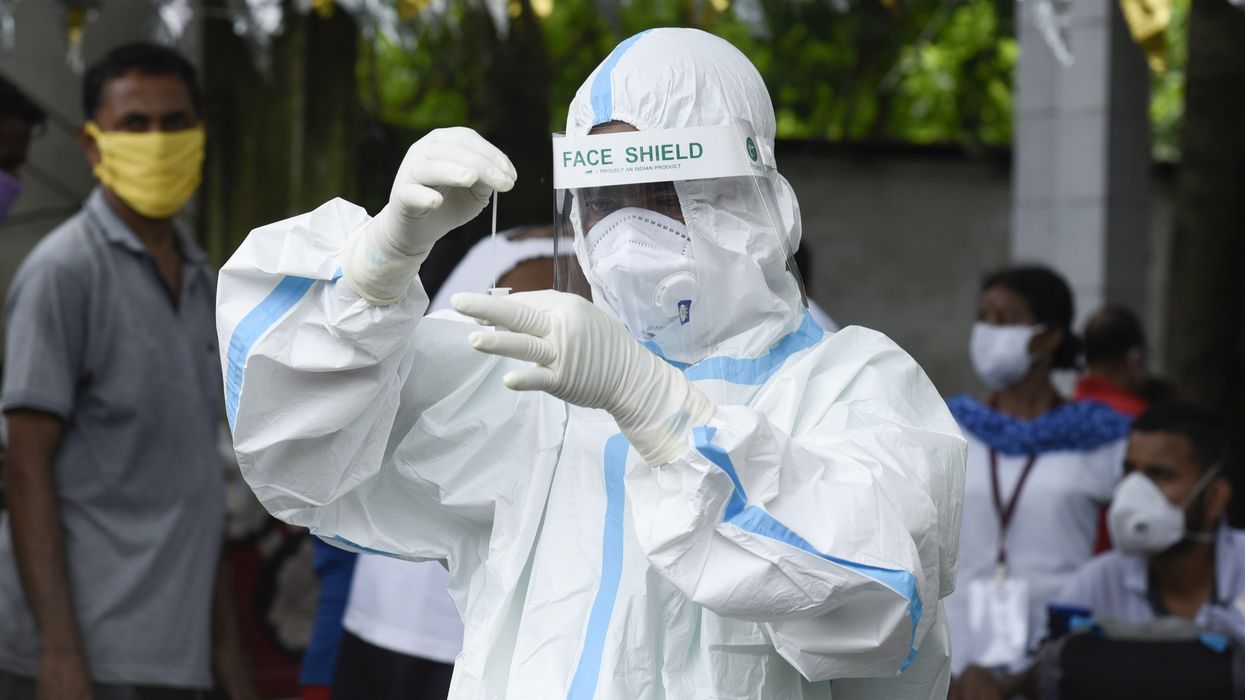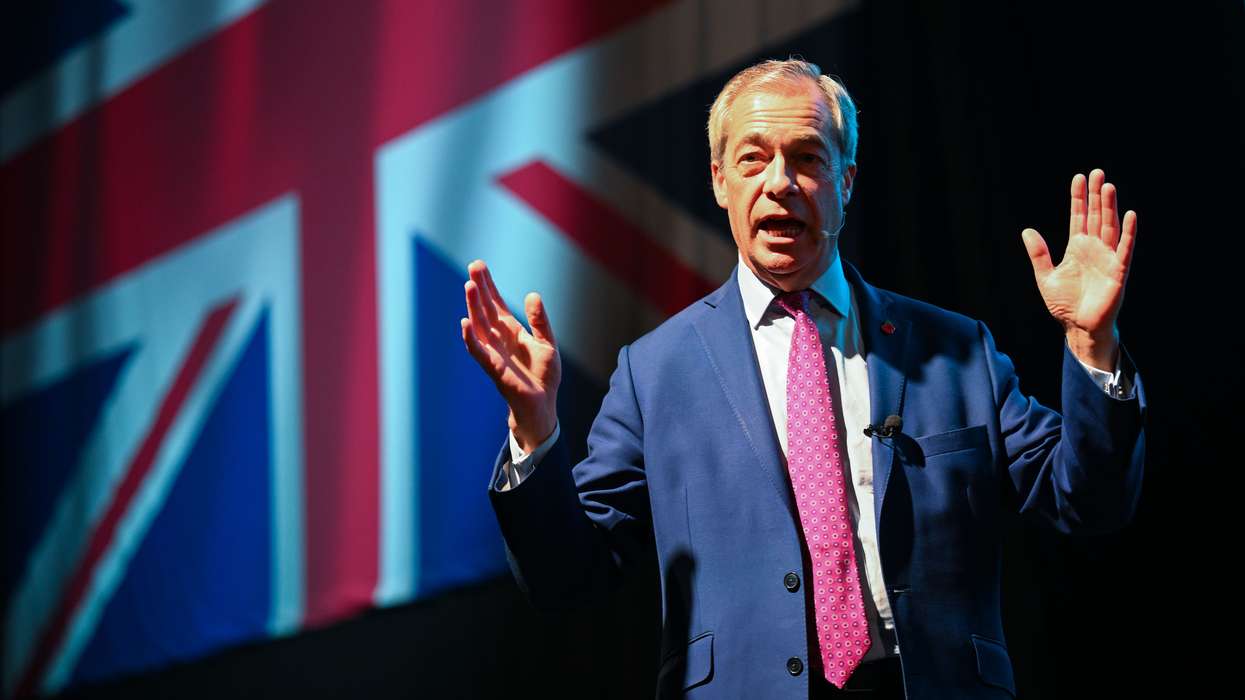India’s total number of active COVID-19 cases has risen above 6,000, with health authorities reporting 358 new infections in the past 24 hours, according to the Ministry of Health and Family Welfare (MoHFW). While there were no Covid related deaths during this period, the increase in cases is prompting state-level monitoring and precautionary measures.
Current case load and recoveries
As of 8:00 a.m. on June 9, 2025, India has 6,491 active Covid-19 cases. The central health ministry confirmed that 358 fresh cases were detected in the last 24 hours, with no fatalities reported in the same timeframe.
According to the ministry’s data, 624 patients recovered or were discharged across the country since the previous update, contributing to the ongoing efforts to manage the spread of the virus through home care and hospital treatment where necessary.
Kerala, Gujarat and Delhi among most affected
Kerala continues to be the worst-affected state, reporting 1,957 active cases. The state added seven new cases in the past day. Gujarat follows with 980 active cases, after recording 158 fresh infections in the same period.
West Bengal stands third with 747 active cases, including 54 new cases reported since Sunday. Delhi is close behind, with 728 active cases, having reported 42 new infections in the last 24 hours. In contrast, Tamil Nadu recorded 25 new cases, bringing its active tally to 219.
Low case numbers in the Northeastern and Eastern states
Some states continue to report relatively low numbers. Assam, for instance, now has six active cases, with two new recoveries in the past 24 hours. Since January 2025, Assam has reported seven total recoveries. Similarly, Odisha reported just four new cases, bringing its total active cases to 34. The state's health department has advised the public, especially those showing flu-like symptoms, to avoid attending the upcoming Rath Yatra in Puri on 27 June.
Situation in Karnataka and other states
Karnataka recorded 57 new Covid-19 cases, increasing its total active case count to 423. Meanwhile, Delhi discharged over 100 patients in the last 24 hours. This trend of simultaneous new infections and recoveries reflects a manageable situation, with healthcare systems largely coping under the current load.
New variants and government advisory
The recent uptick in cases is being attributed to new sub-variants of the Omicron strain, including JN.1, NB.1.8.1, LF.7, and XFC. These variants are believed to be more transmissible but are, so far, associated with milder symptoms. The World Health Organization (WHO) classifies them as "Variants Under Monitoring"—meaning they do not currently pose significant concern but should be watched closely.
The SARS-CoV-2 virus is now regarded as endemic, according to public health experts, and no longer represents the same emergency-level threat it once did. The virus is behaving more like seasonal influenza, with periodic surges expected.
West Bengal urges calm
West Bengal Chief Minister Mamata Banerjee held a review meeting on Monday to assess the state’s Covid-19 preparedness. Emphasising calm, she stated, “There is no need for panic or to get scared about Covid.” She clarified that although the virus still circulates, the government has made adequate preparations at all administrative levels.

Banerjee added that the WHO now considers Covid endemic, though she advised residents to verify this independently. West Bengal’s tally stood at 747 active cases, including the 54 new infections added on Monday.
Precautionary measures continue
Several states are maintaining or reintroducing basic precautionary measures, especially in public gatherings and institutions. For instance, Odisha plans to reopen schools on 20 June with Covid safety protocols in place, according to Education Minister Nityananda Gond.
Health officials across the country have also encouraged individuals with symptoms to isolate and seek testing, while hospitals and clinics continue to monitor patients for signs of complications.
The impact
While the recent rise in Covid-19 cases in India has drawn attention, authorities emphasise that the situation remains under control. The absence of new deaths, widespread recoveries, and a growing understanding of the current variants are helping states manage the impact more effectively.
Officials continue to urge vigilance, not panic, as the country adapts to living with Covid-19 in its endemic form.





